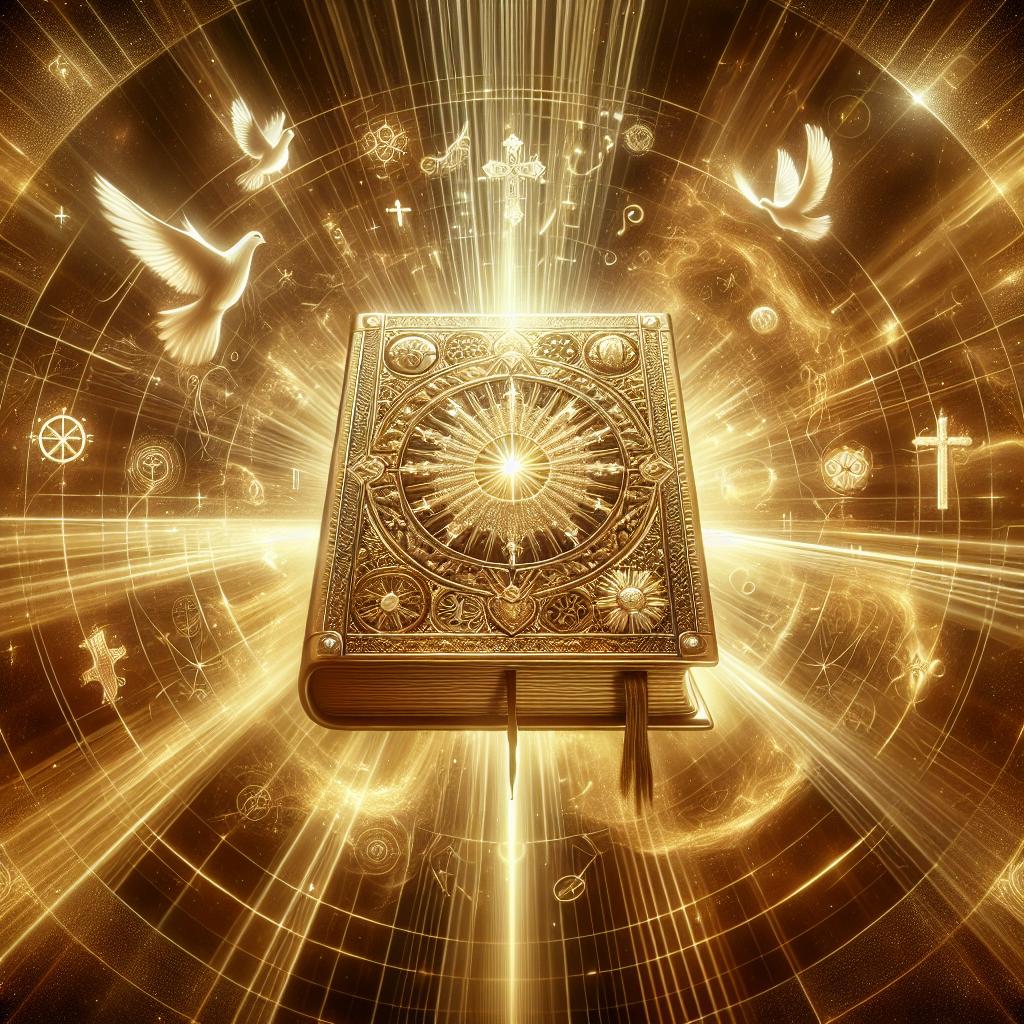
7 Sacred Holy Books Every Christian Must Read for Spiritual Enlightenment
Published: 31 March 2024
Holy Books: Which One Should You Trust?
When it comes to holy books, people often ask why Christians claim that the Bible is holy while disregarding the holy books of other religions. For example, Hindus believe in the divine origin of the Vedas, and Muslims revere the Qur'an as their holy book. So, why should someone listen to Christians and not followers of other religions?
To address this question, it is important to understand what "holy" means. In general, it refers to something of divine origin. Each religion claims that its holy book is true and originates from a divine being. However, these holy books contradict one another. For instance, the Bible proclaims that Jesus is the way, the truth, and the life (John 14:6), and that salvation comes through belief in Him. This contradicts the teachings of other holy books. Furthermore, Christianity stands apart from other religions because Jesus Christ rose from the dead and appeared to over 500 eyewitnesses, while the founders of other religions remain in their tombs.
To determine which holy book is true, we can examine how each book explains earthly phenomena. While it may be challenging to test claims about heavenly matters, we can explore how different books explain earthly phenomena such as geology, biology, human distribution, and agriculture.
Geology: Unraveling Earth's Layers
The Bible provides a compelling explanation for geological features like mountainous layers of sediments that appear to have been pushed up and folded while still wet. Additionally, fossils of plants and animals buried within these layers support a biblical understanding of Earth's history. The Bible suggests that these layers formed during a worldwide flood described in Genesis.
Biology: Understanding Reproduction and Genetic Disorders
The Bible also offers insights into biology. It explains why plants and animals reproduce "after their kind," why male and female exist, and why women experience pain during childbirth. Furthermore, the Bible's account of creation aligns with the increasing number of mutations and genetic disorders observed in nature—a consequence of the fall described in Romans 8:20–22.
Human Distribution: Tracing Our Ancestry
By examining standard population growth rates and calculating backward, we find that a handful of ancestors lived around 4,500 years ago in the Middle East. This aligns with the biblical account of humanity's origins. The Bible also explains why scientists now recognize that the concept of "race" is biologically meaningless, as it teaches that all humans are of "one blood" (Acts 17:26, KJV).
Agriculture: The Origins of Crop Plants
The Bible's mention of Babel, a city located between the Tigris and Euphrates rivers, coincides with the region known as the "Fertile Crescent." Many crop plants have been traced back to this area—supporting the biblical account.
Death: An Enemy to be Conquered
One distinctive aspect of the Bible is its view of death as an enemy. The grief displayed by mourners when losing a loved one reflects the truth that death is an intruder—a belief echoed in the Bible. Unlike other holy books, the Bible not only identifies death as a problem but also presents a logical solution through Jesus Christ.
When examining these areas where holy books make claims about earthly phenomena, it becomes clear that the Bible provides the most coherent and comprehensive explanations. It offers insights into geology, biology, human distribution, agriculture, and death that are consistent with observable evidence.
Why This Matters: Understanding why Christians regard the Bible as the holy book is crucial for appreciating the unique claims and teachings of Christianity. By examining how different holy books explain various aspects of our world, we can evaluate their validity and determine which one aligns best with our observations.
Think About It: In a world where many different accounts of our origins exist, we must critically evaluate the evidence and claims put forth by various holy books. By seeking the truth and examining the evidence, we can find a coherent and consistent account of history that aligns with our observations and provides answers to life's most profound questions.
